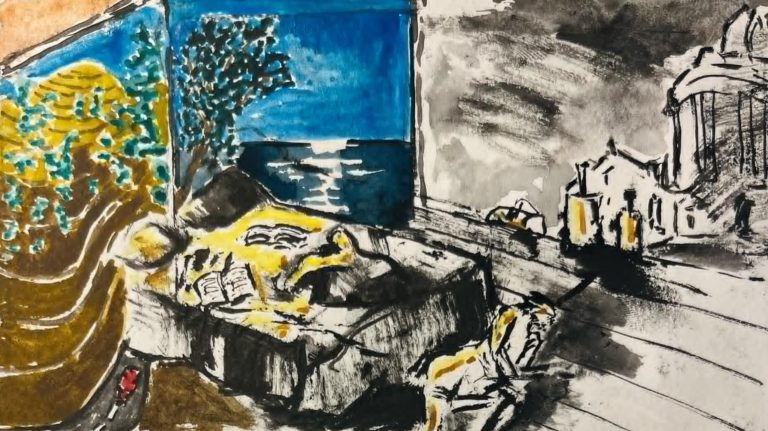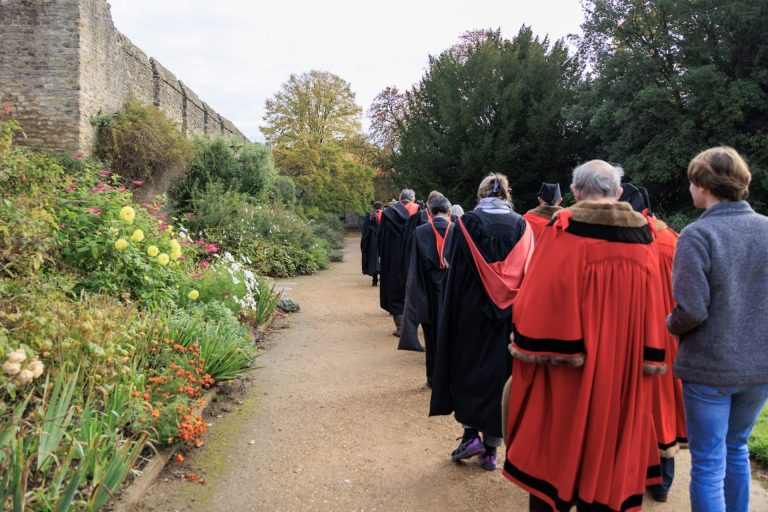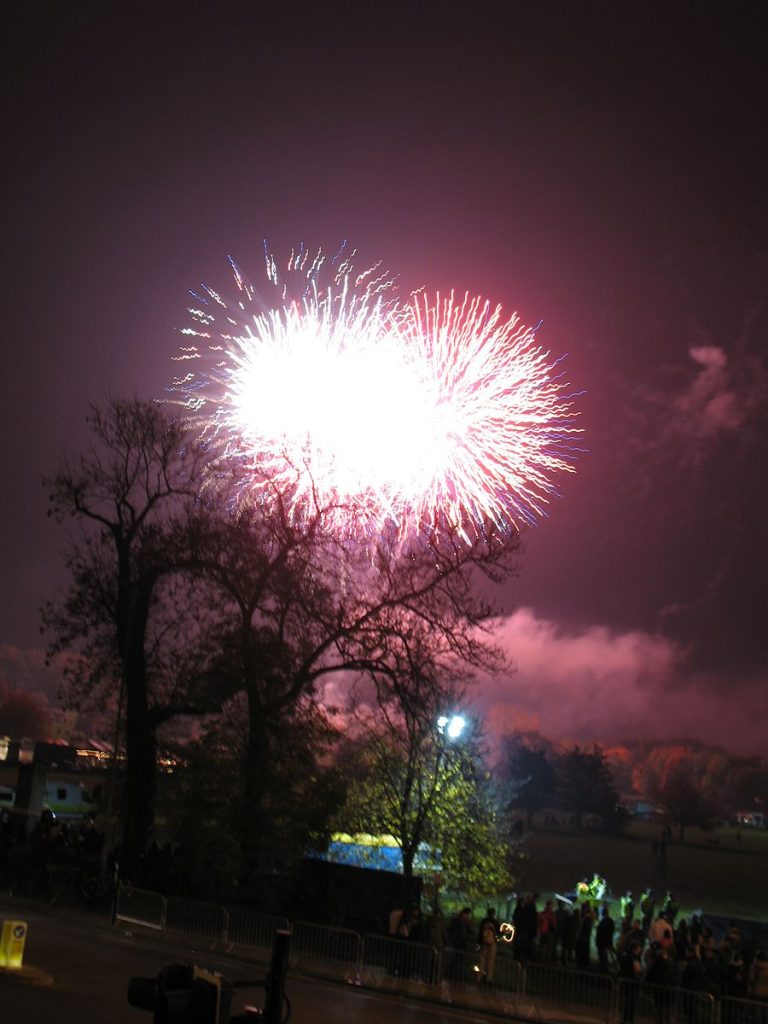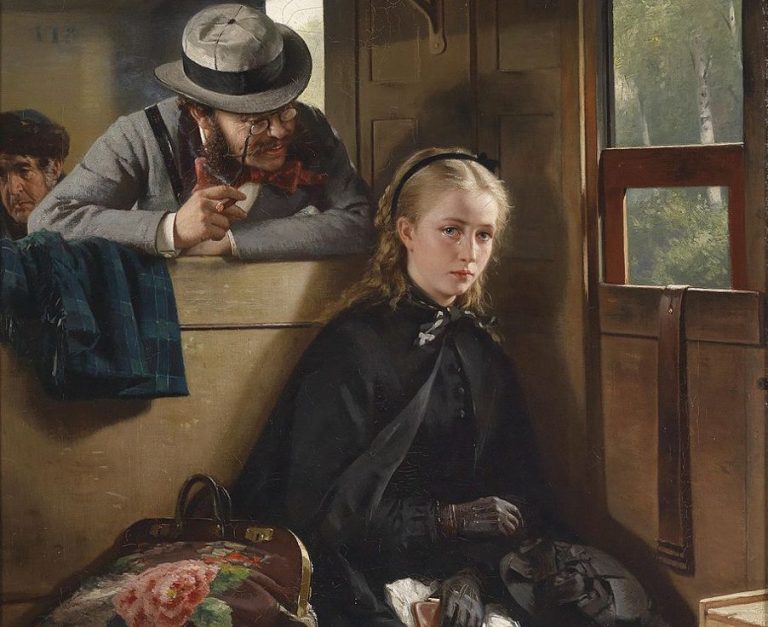In a recent poll of Oriel College students for Cherwell, almost two thirds of those surveyed agreed that the University’s 8-week terms are too short. So, how are we to explain the notoriously overworked Oxford student’s counter-intuitive desire for more time spent studying? The answer lies deeper than a simple enthusiasm for hitting the books.
One of the main concerns raised by those students in favour of longer terms related to workload. Rather than advocating for more of the same system, it seems students would appreciate extended terms to allow an extra week for revision, or just a ‘reading week’ as is common in other UK universities. Of course, there’s more to Oxford than academics. It’s also worth considering the impact this extra breathing space would have on the extra-curricular scene. Over 400 societies are currently affiliated with the University, not to mention those at the college level: surely it can be no bad thing to allow students’ sporting, dramatic, or creative talents more time to flourish.
Furthermore, it is important to appreciate the respite that student life provides for those with difficult home situations. According to the Office for Students, the 3,000 students who enter higher education every year while dealing with estrangement achieve lower average marks and leave their courses more frequently. Oxford’s terms — with Cambridge, as short as any in the country — mean that these students spend less than half the year actually living in Oxford University accommodation. If one accepts that estranged students are at their least vulnerable when in their college, they are denied this protection for six months out of the year.
Some have suggested that the issue seems an easy one to resolve. This year’s long vac, at 16 weeks, lasted longer than the 1940 Battle of France and Brian Clough’s tenure at Leeds United put together. Surely it’s as simple as adding a week onto each term and shortening the summer vacation accordingly to compensate for the change.
Yet things aren’t nearly that clear-cut. The same Oriel students who broadly favoured longer terms were split almost exactly evenly on whether or not the long vacation should be made shorter to compensate, a result which seems strange until you examine the motives respondents offered. One, writing anonymously, suggested that “[the vacation] drags sometimes, but that’s what it’s for”. Several others highlighted that the sheer length of time away from study allows for both leisure and professional development through internships.
The main reasons for opposition to a shorter summer vac among Cherwell’s focus group were financial: many are reluctant to take on the burden of another week’s accommodation costs. And these material pressures have even deeper impacts still. For some students, Oxford’s accommodation system presents a difficult choice between strife on the financial front or on the domestic one. Students wishing to stay in Oxford over the vacation must not only pay additional fees, but also justify their presence to college authorities – a situation which, for some, is symbolic of the University’s callous attitude towards its students outside of term time.
Mel Monemvasioti, also of Oriel, remarked that “Mental health and caring for your students goes beyond having a counselling system and therapy llamas. It needs to translate into material changes that actually provide benefits and support to students and don’t just treat them like cash cows. The vac issue actually illustrates a wider problem with the way [Oxford] approaches mental health and student support.”
This warning in some ways reflects the current state of the relationship between students and the university. Cherwell has repeatedly covered the rise in mental health concerns among Oxford students and young people in general, as well as allegations that the University is still yet to adequately deal with these problems. As with the rent question, some of Oxford’s perceived failings return again and again to issues of cost. The University’s collegiate structure is often cited as a defence against calls for greater investment. Oxford administrators claim to be hamstrung by the fact that £6 billion of the University’s £8bn endowment is tied to individual colleges rather than a single central body, meaning that University-wide improvements are extremely difficult to implement.
However, there are some cases where that argument has met fierce opposition. The College Disparities Report from the Student Union highlights that certain colleges would be more than capable of enacting financially sustainable reform across the University. Christ Church’s endowment, for example – said to be in excess of £700m in 2023 – is greater than that of every university in the country bar Cambridge and the remaining Oxford colleges.
The picture, therefore, is characteristically bleak. Lengthening terms and shortening the summer vacation would likely alleviate the significant pressures on students’ mental health, but that would require financial sacrifices. If some colleges were to subsidise others, the entire University could take steps to accommodate such changes and provide students with longer leases for the same price. Yet for many, there is a recurring feeling that asking for aid from Oxford’s wealthier colleges seems less feasible than drawing blood from their centuries-old stone.











